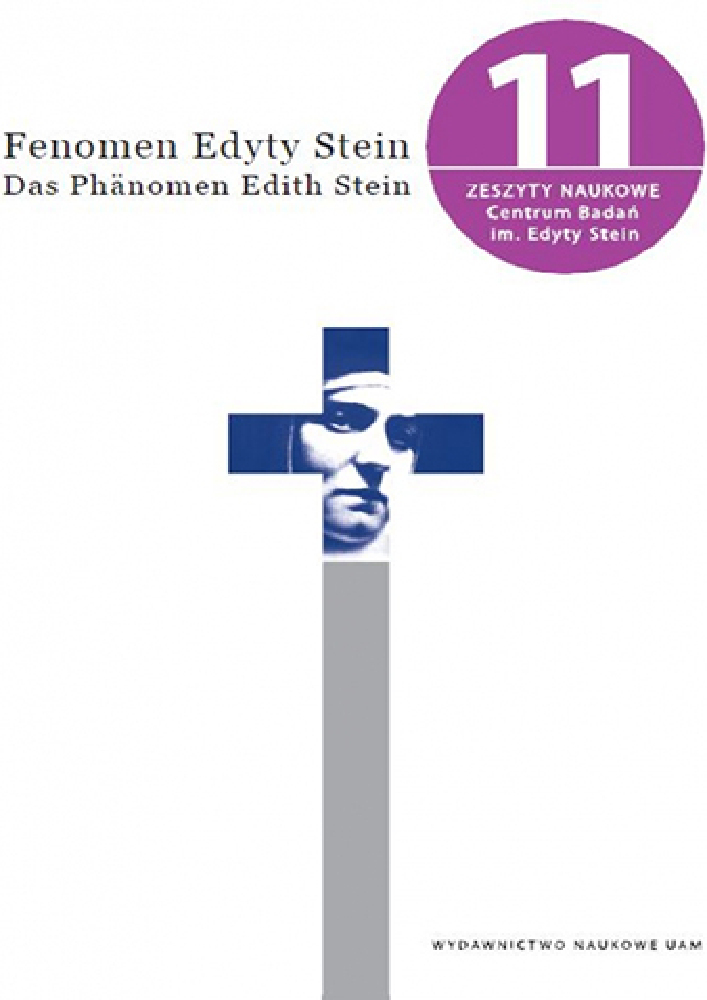Abstrakt
In this article the author discusses the problem of faith understood as one’s own choice. Two turning points in Edith Stein’s life that determined her fate are shown: her early atheism and her return into faith. The second part of the text is devoted to Stein’s very essential claim: ‘This is true! ‘, which, in the author’s opinion, has a historical, epistemological as well as metaphysical-religious dimension. In his discussion of the epistemological dimension, the author recalls Descartes’ theory of will, while in his explorations of the metaphysical-religious dimension, he separates the metaphysical (where Stein is juxtaposed with Roman Ingarden) and religious (acknowledgement that Jesus is a Personal Truth) elements. The last part of the text depicts Stein’s divergence from Husserl’s phenomenological reduction, as well as from concepts of absolutely Origin ‘I’, and assigning to God the main role in every activity of the ‘I’. The path that Stein passed – in a matter of understanding of human being – could be described as a path from Husserl to Saint Augustine.Finansowanie
Polsko-Niemiecka Fundacja na Rzecz Nauki- Deutsch Polnische Wissenschaftsstiftung
